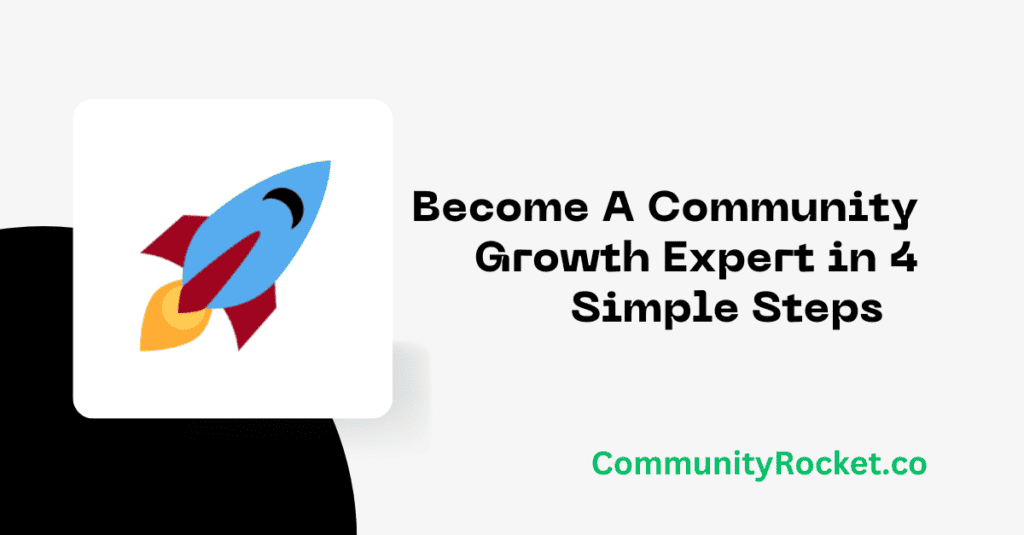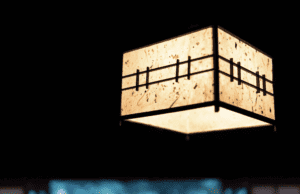Usually, when I first start working with new clients, one of the most important questions I ask is “Why do you actually want to build a community?!”
Call it well-earned experience, or the benefit of hindsight…but if the answer coming back is fully focused on only the company and their goals, and doesn’t involve a human benefit element or an ‘industry/global impact’ then I know I have my work cut out for me in terms of educating on what a ‘community program’ really is.
Yes, having a community program focused around your business has never been as hot or desirable to create, because if done well, it will lead to a competitive advantage, a moat if you will which founders and investors know will help to differentiate Company A from business X, Y, or Z.
And we know that building a community and deeper relationships with our customers will lead to an increase in repeat business, more word-of-mouth marketing, more constructive feedback and opportunities to refine products and services.
But just because we could build a community, doesn’t mean we should unless we’re thinking on a deeper level in terms of bringing something unique to the table, that truly gets your users and the wider world off their seats in terms of energy, excitement and being part of something that they can’t get anywhere else…
When thinking back to some of the communities I’ve built over the past 20 years, the thing I’m most proud of is the fact that a lot of the people we brought together, still get together now, becoming lifelong friends, transcending the actual company and product that helped them connect in the first place.
Of course, they’ll always have a special place in their heart for the products and communities we built, but in a nutshell, people became active members of these companies’ communities because they found some kind of kindred spirit and specific life situation commonality that brought them together.
For example…
CitySocializer was a friendship-making app and website focused on events. Its real USP and benefit was that the majority of people used this service when moving to a new city. Even when their subscription came to an end, these users kept the spirit going by creating their own mini-communities and helping more people get together who were new in town!
at Yelp – of course, there was a drive for us as community managers to get people to review places using the app and website. But it was the attraction of meeting foodies ‘just like you’, which kept people coming back day to day, week to week.
Yelp had soul, Yelp had a great culture, and Yelp still helps people activate and rediscover their own city. The Yelp Elite ambassador program, helped people feel like global citizens, with a welcoming committee and events available to anyone who wanted to meet locals whenever they travelled across the globe.
The community sold itself in terms of being exciting and dynamic – and 5-10 years on, a lot of people who got together on Yelp, are still friends today.
WeWork Labs – when launching this accelerator and incubator from scratch, my research told me that there were many other incubators doing something similar in the Manchester area. So how to find a solution and stand out?
The answer was: Listening extremely closely to our initial and future members, developing market fit for a program that suited them, whilst leveraging the power of our global mentor base to help people build global connections with experts and investors that they could never dream of meeting day to day in the UK.
Even though this program was shuttered by WeWork, our past members still meet up today and regularly meet with the mentors we introduced them to.

at Shares, I decided to transcend the app we were selling and build a community around city-based ‘investing clubs’ – but powered in the branding by Shares. By making the story more about an activity (i.e investing) and locally focused, meant that we could attract a lot more people to our events than just people talking about the app, and overwhelmingly people responded to the chilled-out nature of these get-togethers that offered something different, beyond traditional finance.
and just recently at web3-focused Zealy, a lot of my effort went into giving the limelight to the thousands of businesses using the Zealy product, showing we were a connector of people and a showcase for cutting-edge web3 businesses and their fans.
By focusing on being a promoter of people and not the star of the show, we could share the exposure and connectivity but keep our community program fresh with new features and events around rotating industries such as eco businesses, defi trends, gaming etc…and still feel like we could run a co-ordinated program that everyone could get value from.
So the point I’m making today is that not every single community exists as an identikit strategy… and every community needs at least one proper reason for existing that will stand the test of time!
Every community-builder should be looking for that gap in the market where they can build something unique, connect a group of individuals with similar interests and then leave a lasting legacy impact that offers value to both the community, company and individual in the long term.
It shouldn’t be much more difficult than that to make a deep lasting impression on people’s lives!

